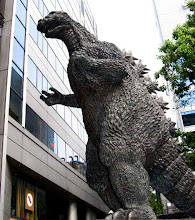
Human rights originate in Nature, thus, rights cannot be granted via political charter, because that implies that rights are legally revocable, hence, would be privileges:
It is a perversion of terms to say that a charter gives rights. It operates by a contrary effect — that of taking rights away. Rights are inherently in all the inhabitants; but charters, by annulling those rights, in the majority, leave the right, by exclusion, in the hands of a few . . . They . . . consequently are instruments of injustice.
The fact, therefore, must be that the individuals, themselves, each, in his own personal and sovereign right, entered into a compact with each other to produce a government: and this is the only mode in which governments have a right to arise, and the only principle on which they have a right to exist.
Government's sole purpose is safeguarding the individual and his/her inherent, inalienable rights; each societal institution that does not benefit the nation is illegitimate — especially the Monarchy, the Nobility, and the Military.
Thomas Paine was an English-American pamphleteer (agitator), revolutionary, radical, inventor, intellectual, and one of the Founding Fathers of the United States.
He lived and worked in Britain until age 37, when he emigrated to the British American colonies, in time to participate in the American Revolution. His principal contributions were the powerful, widely-read pamphlet Common Sense (1776), advocating colonial America's independence from the Kingdom of Great Britain, and The American Crisis (1776–1783), a pro-revolutionary pamphlet series.
If Paine were alive today and lived in Venezuela he would be blogging (agitating, pamphleteer) against Chavez and calling people to rise in arms.




No comments:
Post a Comment